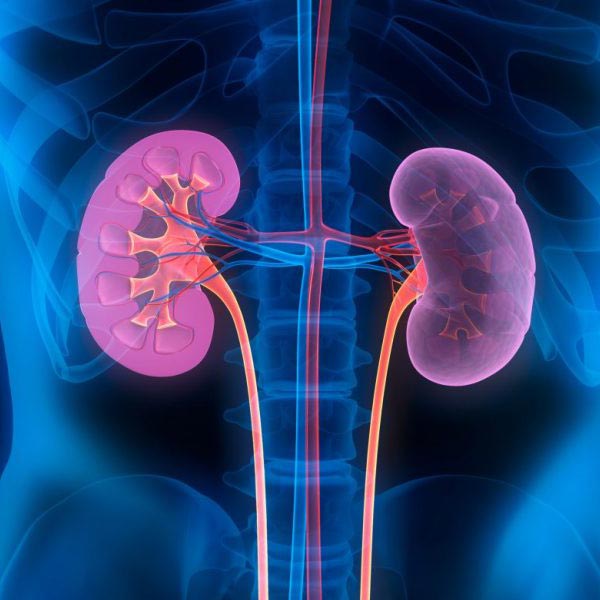
Image Courtesy- guardian.ng
Singapore - In a study of nearly 6,000 community-based patients with chronic kidney disease and heart failure, the use of implantable cardioverter defibrillators was associated with a significantly increased risk of subsequent hospitalization.
The study, "Long Term Outcomes Associated with Implantable Cardioverter Defibrillator in Adults with Chronic Kidney Disease," was conducted by researchers from Kaiser Permanente and the University of Washington. It was published in JAMA Internal Medicine.
"The finding surprised us," said lead author Nisha Bansal, MD, MAS, of the Kidney Research Institute of University of Washington's Division of Nephrology. "Chronic kidney disease is common in adults with heart failure, and is associated with a greater risk of heart attack. However, in this observational study we did not find a significant overall benefit from ICDs for patients with kidney disease."
ICDs are small implantable devices that deliver electrical shocks to the heart in order to help control life-threatening irregular heartbeats, or arrhythmias. (Pacemakers are a different implanted device, that gives off low-energy electrical pulses to treat less-dangerous heart rhythms.) ICDs are commonly used to reduce the likelihood of sudden death in patients at high risk of cardiac arrest.
After accounting for differences in demographics, numerous other health conditions, the use of heart medications, and confounding risk factors, there was no difference in mortality between patients with chronic kidney disease who did or did not receive an ICD. However, ICD placement was associated with a 49 percent increased risk of subsequent hospitalization due to heart failure and a 25 percent increased risk of hospitalization for any reason.
This study was funded the National Heart, Lung, and Blood Institute; the National Institute of Diabetes and Digestive and Kidney Diseases; and the U.S. Department of Health and Human Services.




